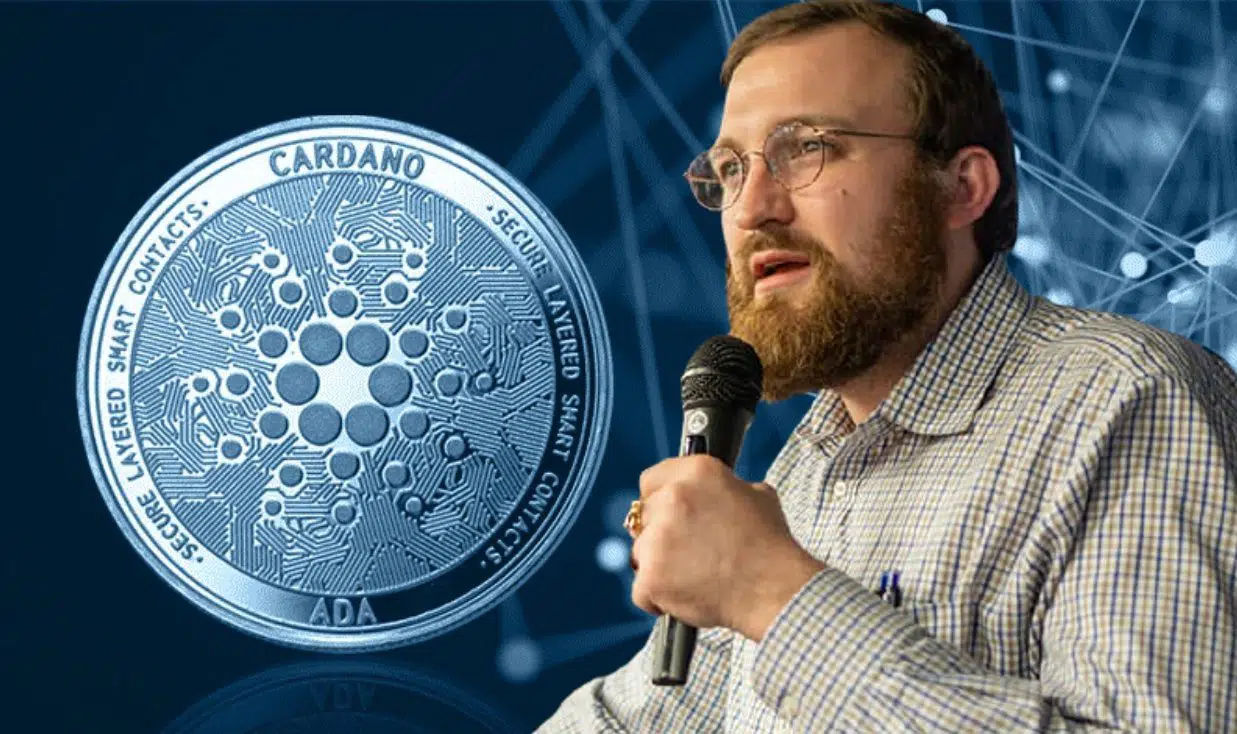In a recent clash within the cryptocurrency community, Cardano (ADA) founder Charles Hoskinson has vehemently defended his project against accusations of being a “dead coin.” The controversy ignited when crypto influencer Ben Armstrong, known as BitBoy Crypto, declared both Cardano and Polkadot (DOT) as “dead to institutions” on social media platform X.
Armstrong’s comments, which he reiterated from an earlier YouTube video, suggested that ADA and DOT lack the institutional backing enjoyed by competitors like Ethereum (ETH) and Solana (SOL). The influencer argued that while these projects might still offer returns, they wouldn’t match those of institutionally favored tokens. His perspective stems from a belief that the crypto industry is evolving, with investors gravitating towards newer projects where they perceive greater potential for early entry and substantial rewards.
Hoskinson swiftly responded to Armstrong’s provocative statements, questioning the logic behind prioritizing institutional approval. The Cardano founder reminded the community of cryptocurrency’s original purpose to disrupt traditional financial systems, pointing out the irony in seeking validation from the very institutions it aimed to challenge. Hoskinson highlighted Cardano’s ongoing technological advancements, including an upcoming major hard fork, developments in decentralized applications (dApps), layer-2 scaling solutions like Hydra, and partner chains such as Midnight and Prism.
The exchange has divided the crypto community, with Cardano supporters rallying behind Hoskinson and praising the project’s commitment to its original vision. Critics, however, align with Armstrong’s assessment, pointing to Cardano’s perceived market underperformance as evidence of its declining relevance. As the debate continues, it underscores the ongoing tensions between institutional adoption and decentralization ideals within the cryptocurrency space.





